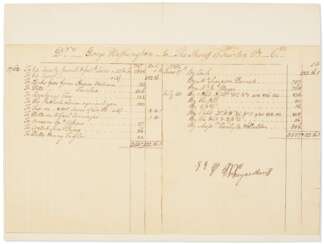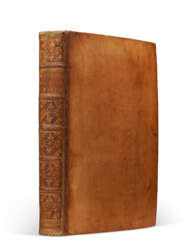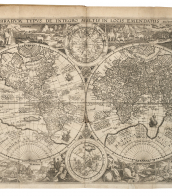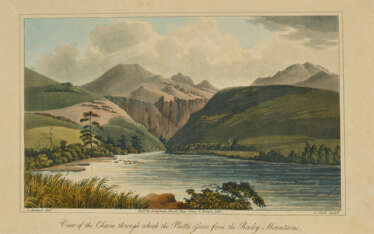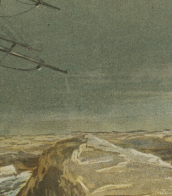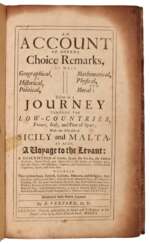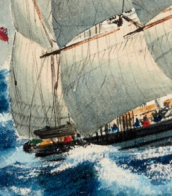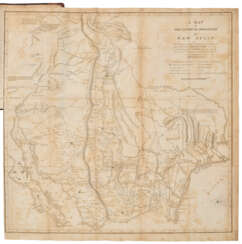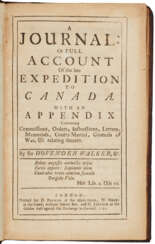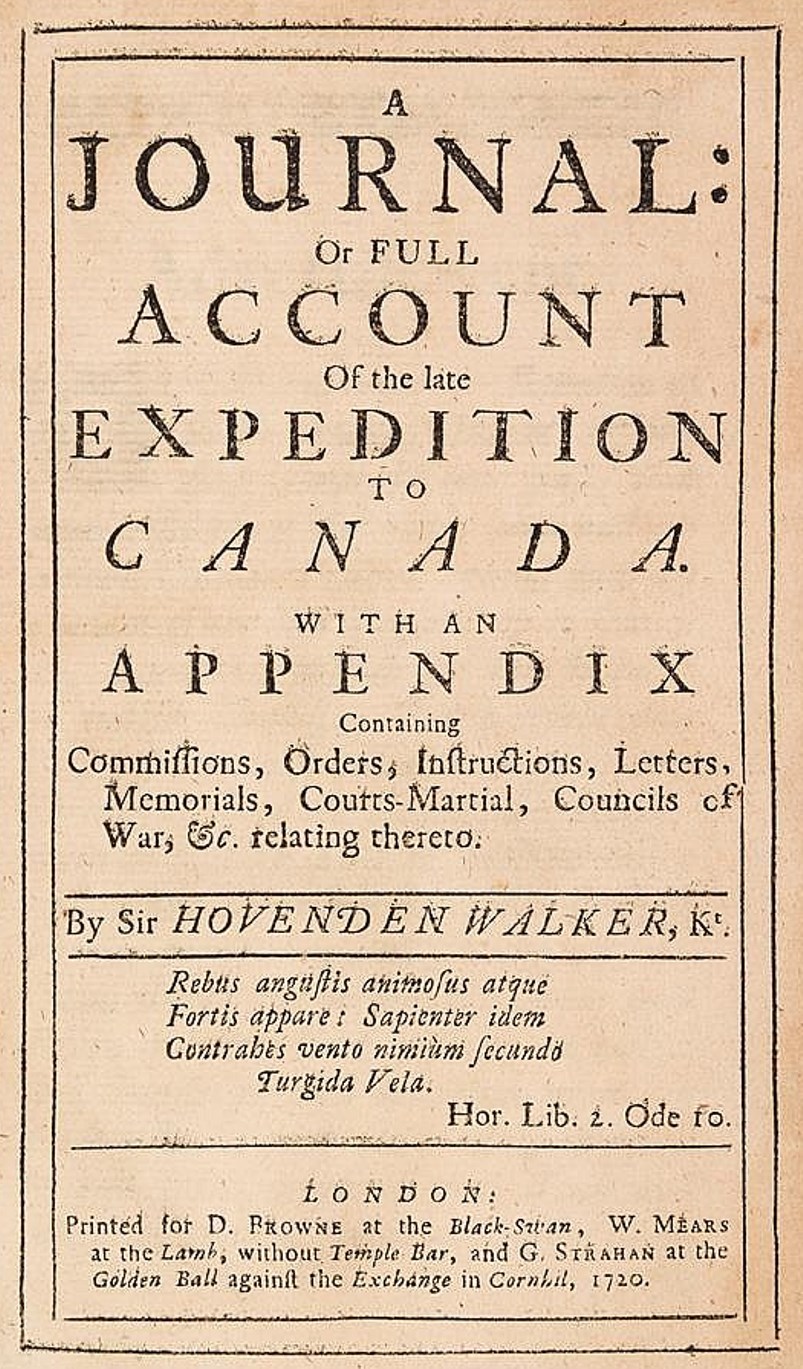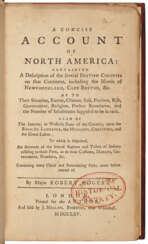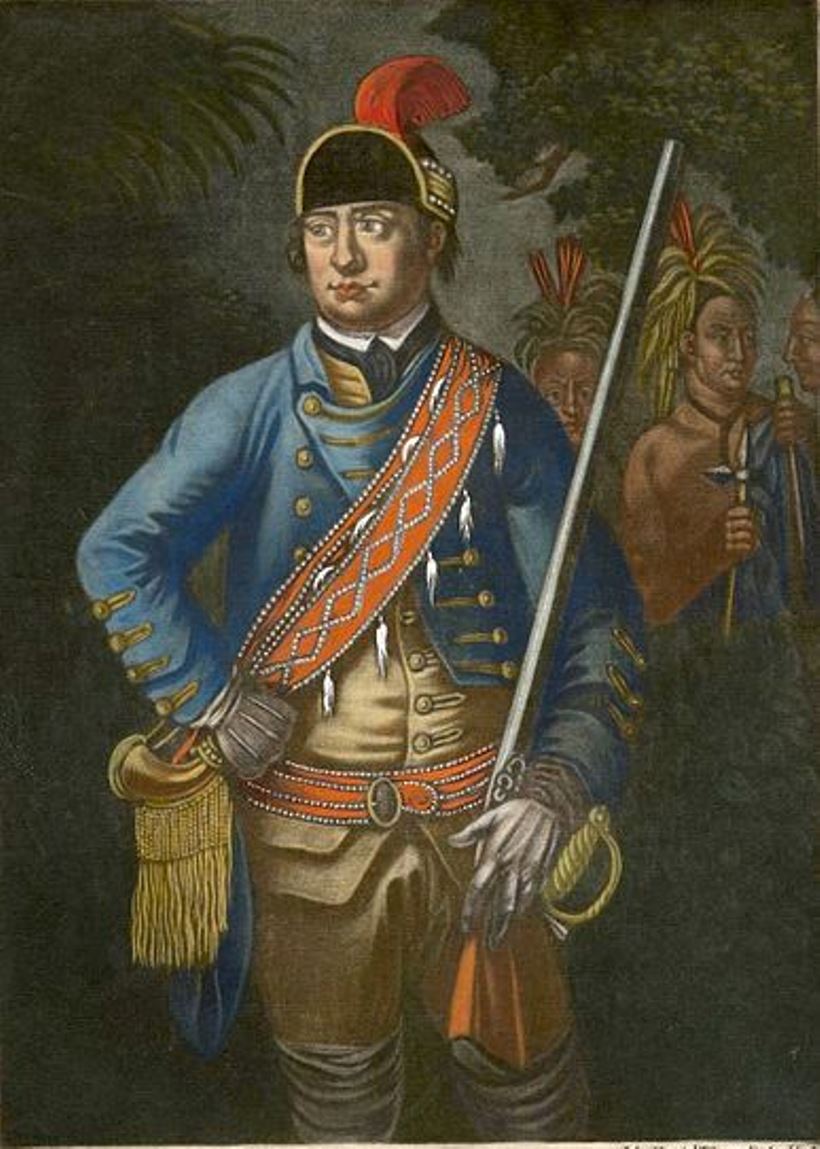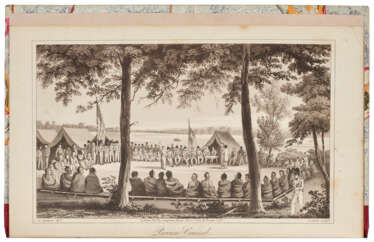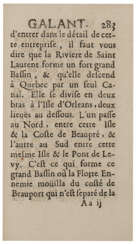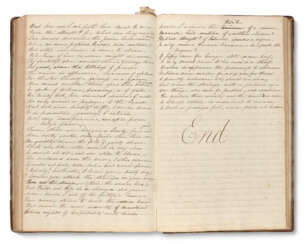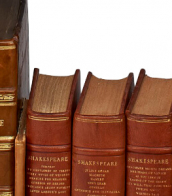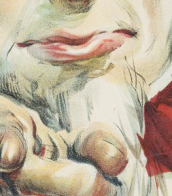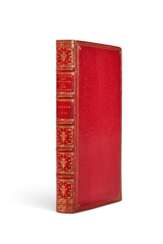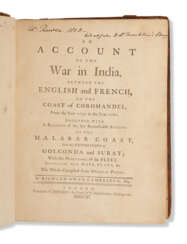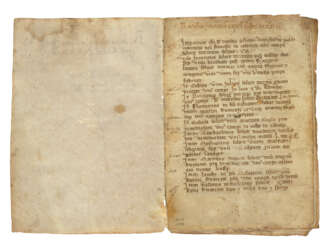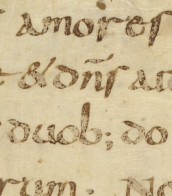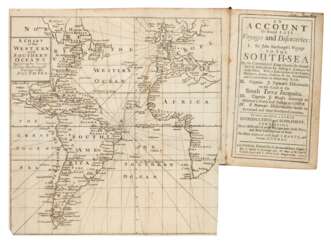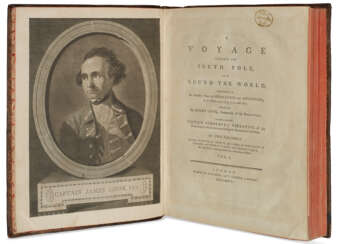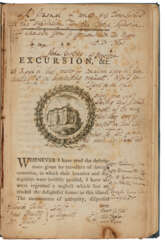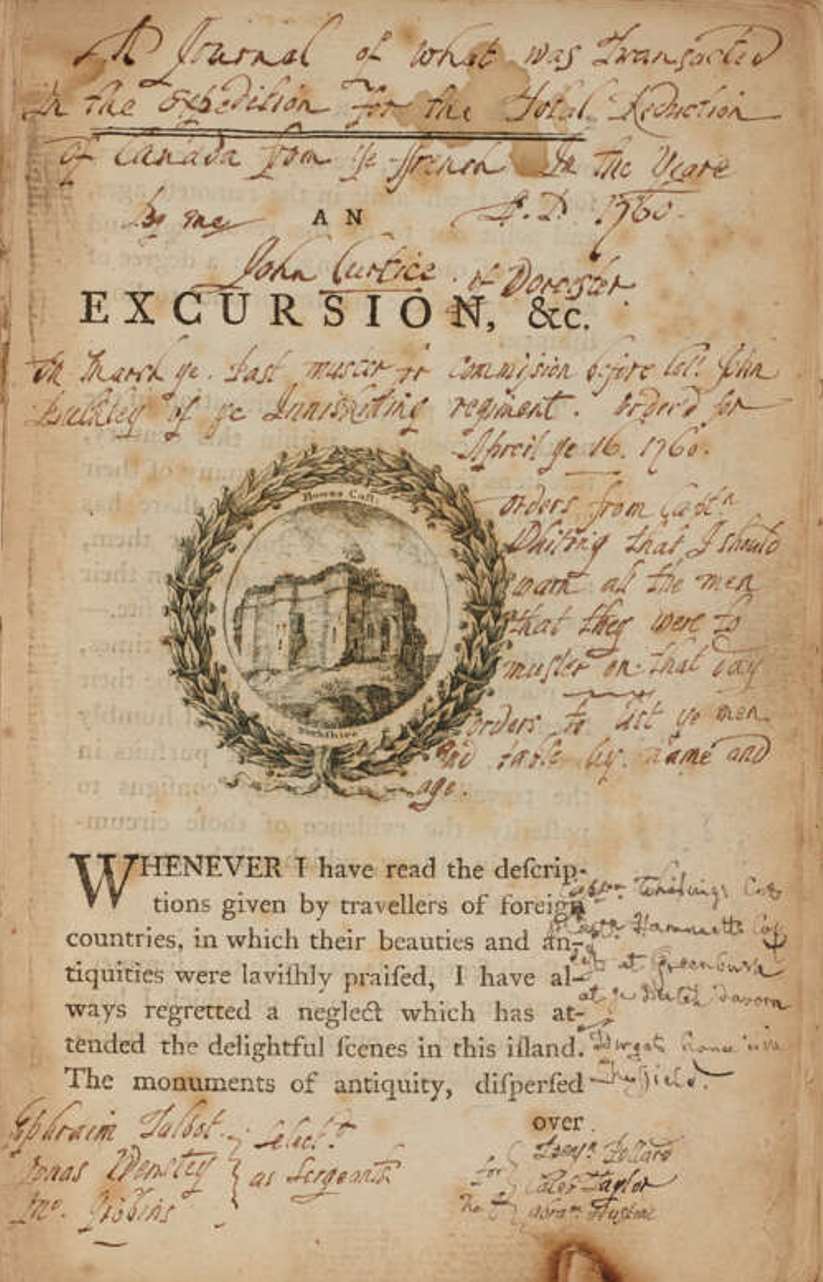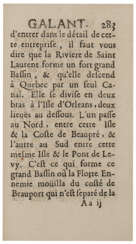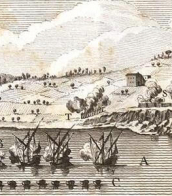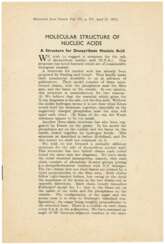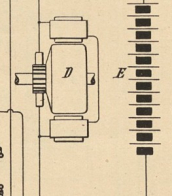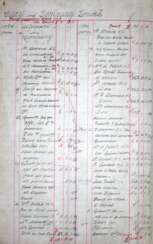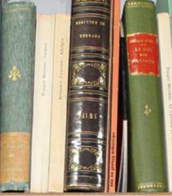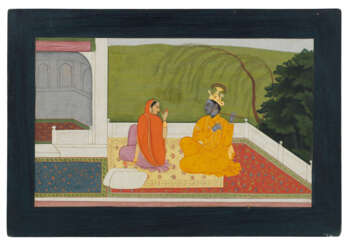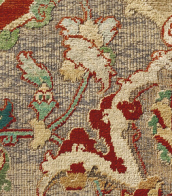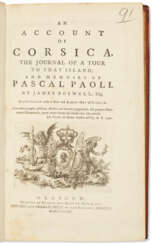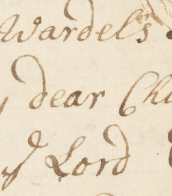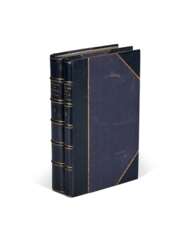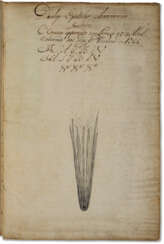accountant
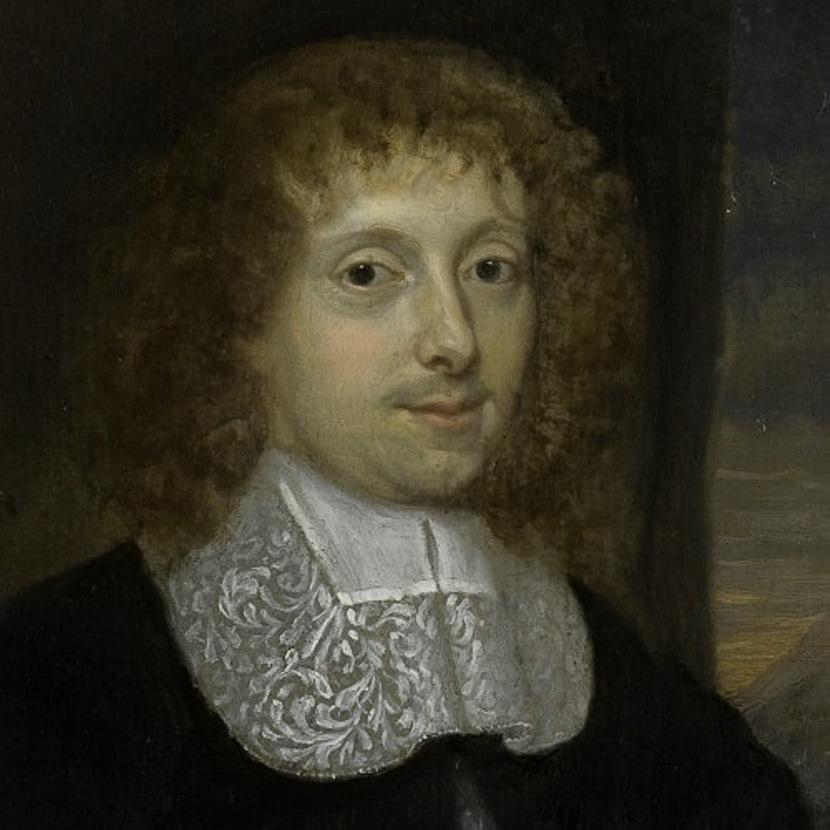
Edward Browne was a British physician, president of the College of Physicians, traveler, historian and writer.
Edward was the eldest son of the famous British scientist Sir Thomas Browne (1605-1682), received a Bachelor of Medicine degree from Cambridge later and a Doctor of Medicine degree from Oxford, and became a member of the Royal Society. In addition to medicine, his subjects of study included botany, literature, and theology. He lived in London and traveled throughout Europe visiting museums, churches, and libraries (Italy, France, the Netherlands, and Germany). In 1673 he published an account of his travels in Eastern Europe, notable for its scrupulous accuracy.
Edward Browne also published two other works: a historical treatise and biographies of Themistocles and Sertorius. He was physician to King Charles II of England and left many manuscript notes on medicine. The chronicle of his journey through Thessaly is a unique and valuable source of information about the region in the second half of the 17th century. He was admitted to the College of Physicians in 1675 and served as its president from 1704 to 1708.


William Shakespeare was a British poet and playwright and writer.
William's father, John Shakespeare, was a merchant and official in Stratford. There are reports that he was a sailor for a time before joining a theater company in London. Beginning in the 1590s, Shakespeare began writing plays, and in 1593 he published a poem, Venus and Adonis, which became popular. He dedicated it to the Duke of Southampton, who was a philanthropist and patron of talent, and soon his business was booming.
From 1592 to 1600 Shakespeare wrote his dramas and romantic comedies "Richard III", "The Taming of the Shrew", "Romeo and Juliet", "A Midsummer Night's Dream" and "The Merchant of Venice", as well as the comedies "Much Ado About Nothing", "Twelfth Night" and the tragedy "Julius Caesar". The playwright's business was so successful that he even bought a large house in Stratford. In 1599, Shakespeare became one of the owners, playwright and actor of the new theater "Globe". In 1603 King James took Shakespeare's troupe under his direct patronage. In the mature period, the great playwright turned to tragedies, there were "Hamlet", "Othello", "King Lear", "Macbeth" and others.
Although in the 19th century researchers had some doubts about the authorship of many of these works, William Shakespeare is considered the greatest English playwright, one of the best playwrights in the world. His plays have been translated into all major languages and to this day form the basis of the world theatrical repertoire, most of them have been screened many times. According to the Guinness Book of Records, Shakespeare remains the world's best-selling playwright, and his plays and poems have sold more than 4 billion copies in the nearly 400 years since his death.

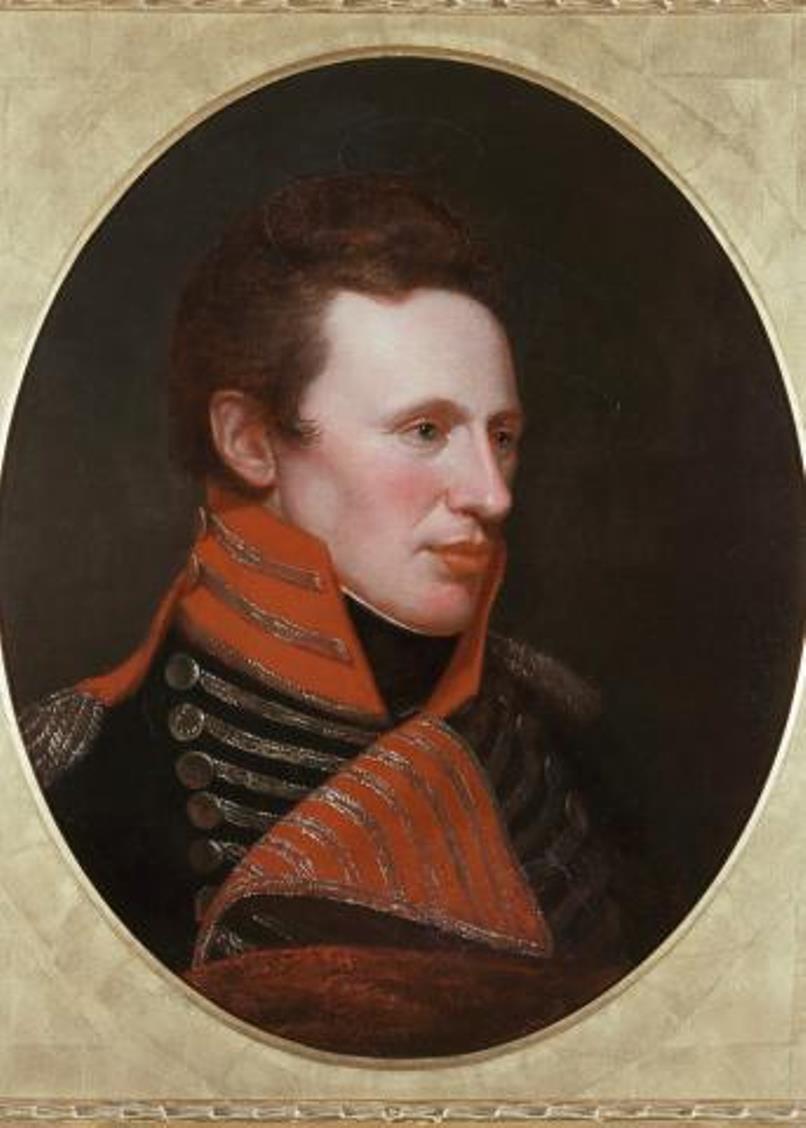
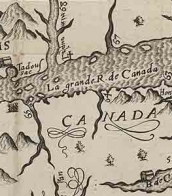



William Shakespeare was a British poet and playwright and writer.
William's father, John Shakespeare, was a merchant and official in Stratford. There are reports that he was a sailor for a time before joining a theater company in London. Beginning in the 1590s, Shakespeare began writing plays, and in 1593 he published a poem, Venus and Adonis, which became popular. He dedicated it to the Duke of Southampton, who was a philanthropist and patron of talent, and soon his business was booming.
From 1592 to 1600 Shakespeare wrote his dramas and romantic comedies "Richard III", "The Taming of the Shrew", "Romeo and Juliet", "A Midsummer Night's Dream" and "The Merchant of Venice", as well as the comedies "Much Ado About Nothing", "Twelfth Night" and the tragedy "Julius Caesar". The playwright's business was so successful that he even bought a large house in Stratford. In 1599, Shakespeare became one of the owners, playwright and actor of the new theater "Globe". In 1603 King James took Shakespeare's troupe under his direct patronage. In the mature period, the great playwright turned to tragedies, there were "Hamlet", "Othello", "King Lear", "Macbeth" and others.
Although in the 19th century researchers had some doubts about the authorship of many of these works, William Shakespeare is considered the greatest English playwright, one of the best playwrights in the world. His plays have been translated into all major languages and to this day form the basis of the world theatrical repertoire, most of them have been screened many times. According to the Guinness Book of Records, Shakespeare remains the world's best-selling playwright, and his plays and poems have sold more than 4 billion copies in the nearly 400 years since his death.

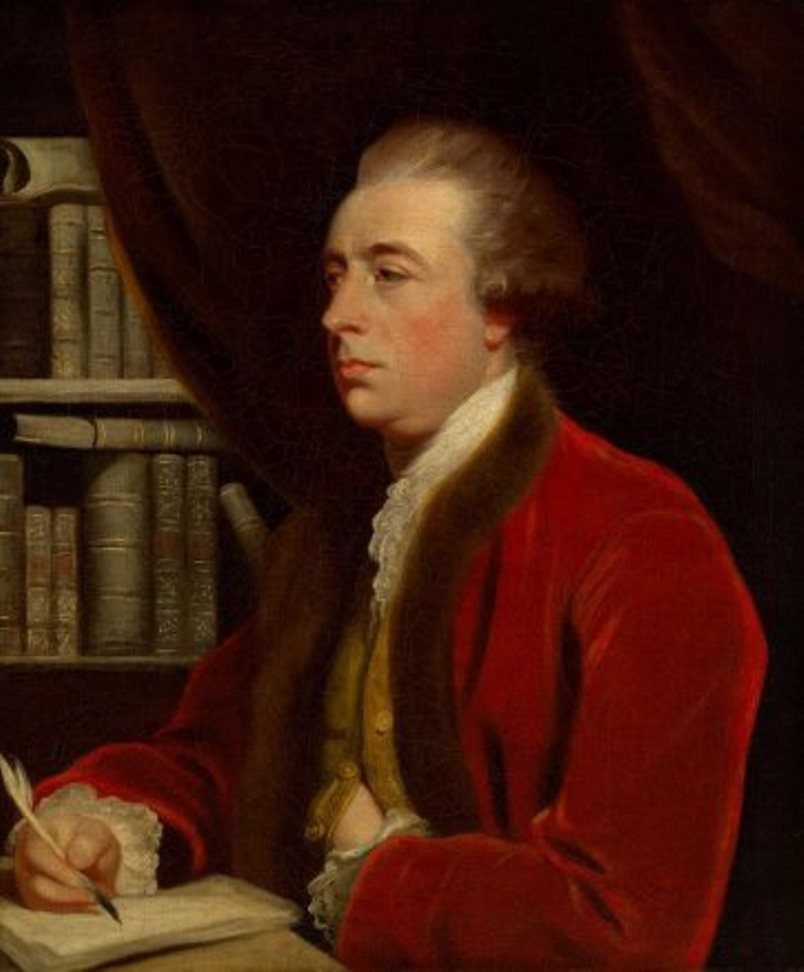
John Hawkesworth was a British writer, playwright and book editor.
In collaboration with Samuel Johnson, Hawkesworth founded the periodical The Adventurer. He wrote poems and articles for this publication and for the Gentleman's Magazine, and edited the works of Swift (1754-1755). Hawksworth adapted several literary works for the theater and also composed various original dramatic works himself.
John Hawksworth was commissioned by the British Admiralty to compile An Account of Voyages made in the Southern Hemisphere (1773), devoted mainly to the exploratory voyages of Captain James Cook.
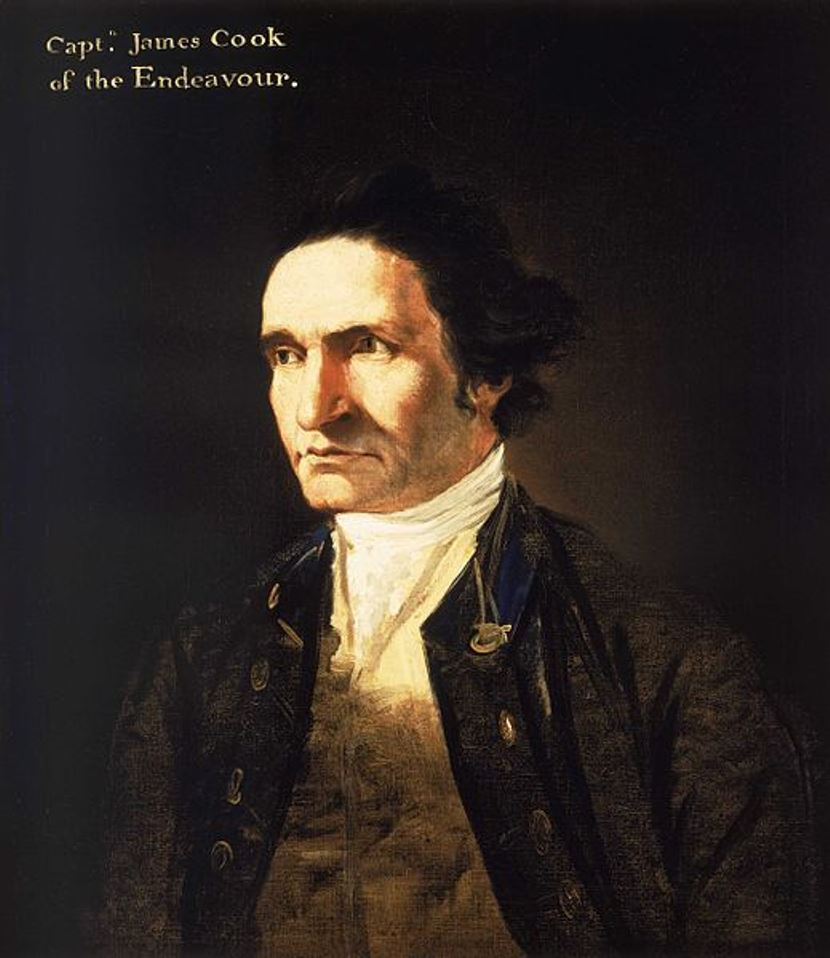

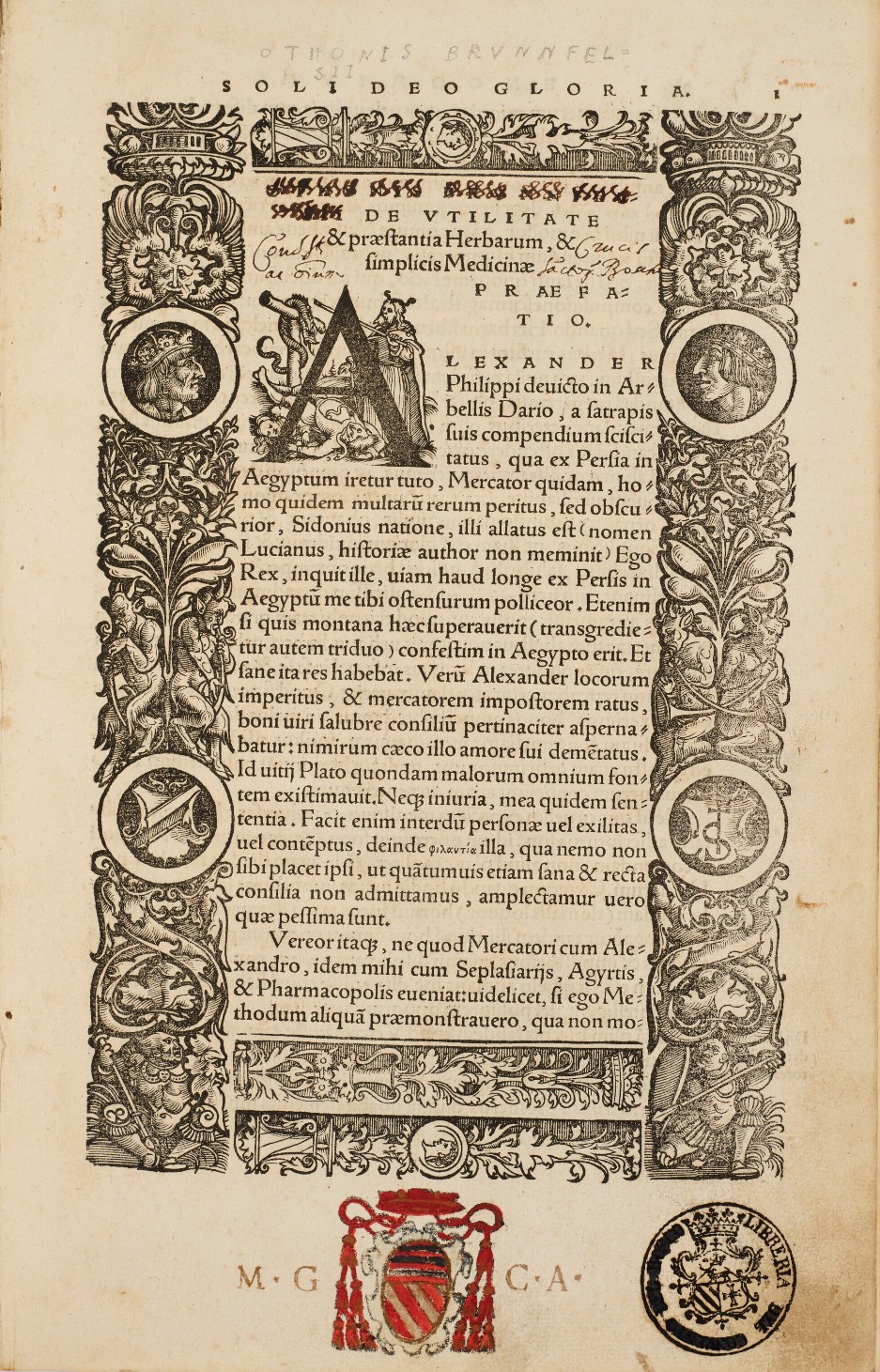
Joao de Souza Freire de Araujo Borges Da Veiga was a Portuguese astronomer and climatologist.
This scientist is one of the authors of the manuscript Dialogo epistolar astronomico sobre o cometa apparecido em Lamego as da Abril e observado aze o dia 9. dao anno de 1766. The second author who signed this manuscript is Joze de Araujo Souza Freire Borges Da Veiga.
It is a Portuguese treatise on the 1766 comet (D/1766 G1 Helfenzrieder), which appeared in April of that year and was discovered on April 1 by Helfenzrieder, and independently by Messier, Cassini de Turi, and others. The treatise gives a detailed account of the observations made by the authors from an observatory located on Mount Queimada near Lamego, Portugal. The authors also provide a chronological catalog of previous observations of comets since 1500 and cite their numerous authors.
The authors of this treatise were the first known climatologists, as well as experienced astronomers in continental Portugal who made meteorological observations.

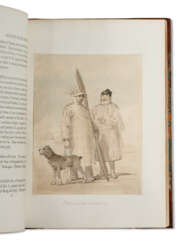

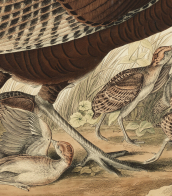
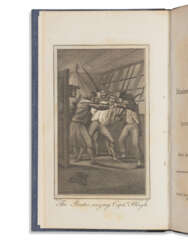

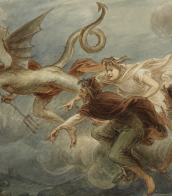
![A Brief Account of some Travels in Hungaria [and] An Account of Several Travels through a Great Part of Germany](/assets/image/picture_3127981/98310/ezwcobryrckcjrdq-yhx6jokqduhuepesrhtundubjwk4cbjotelzpqd02obttv1695627820jpg__fix_374_244.jpeg)
![A Brief Account of some Travels in Hungaria [and] An Account of Several Travels through a Great Part of Germany](https://veryimportantlot.com/assets/image/picture_3127981/98310/ezwcobryrckcjrdq-yhx6jokqduhuepesrhtundubjwk4cbjotelzpqd02obttv1695627820jpg__fix_374_244.jpeg)
